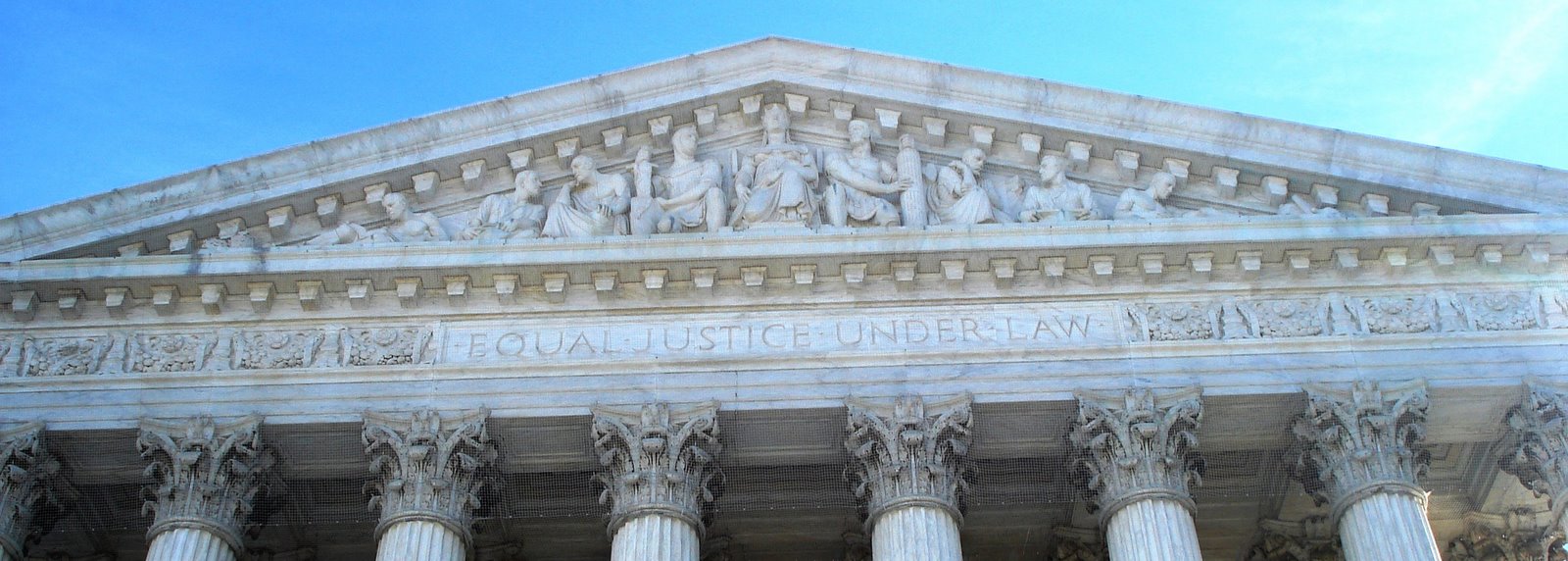Gov’t considering IMF’s mining proposals
REFORMS SUGGESTED by the International Monetary Fund (IMF) are being considered by the government as it seeks to overhaul mining industry regulations.
"We agree that there is a need to rationalize the multiple mining regimes into a single regime that will be easy to administer, provides greater share to the government, streamlines the process of revenue sharing with local communities, and maintains the competitiveness of our country as an investment destination," Finance Secretary Cesar V. Purisima yesterday said in a statement.
A day earlier, Finance Undersecretary Jeremias said a technical working group had been formed to draft bills containing reforms urged by the IMF.
Results of an IMF study commissioned by the Finance department were released last week. The reforms detailed were described as necessary to attract more investments as well as increase the government’s share in mining revenues.
The IMF urged simpler and more equitable tax rules, primarily through the creation of a single mining regime instead of the current three: mineral production sharing agreements (MPSA) outside mineral reservations, MPSAs inside mineral reservations, and financial and technical assistance agreements (FTAAs).
MPSAs are granted to firms that satisfy the constitutional requirement of 60% local ownership and 40% foreign ownership; FTAAs are the only arrangements that permit 100% foreign ownership. While all mining operations are subject to a 2% excise tax, MPSAs in mineral reservations are subject to an additional 5% royalty. FTAAs, meanwhile, are subject to a 50-50 revenue-sharing agreement.
These multiple mining regimes can lead to inefficiency, distortions and arbitrage, the IMF warned.
"Company structures are designed to comply with complex ownership rules rather than optimal business structure choices, while the array of fiscal regimes means investors may face collections of different levies by multiple agencies applying different taxes to virtually identical tax bases," it said.
The Philippines should only allow FTAAs, it urged, as this allows full foreign ownership -- critical to the mining industry’s growth and development.
Terms for the FTAA must be modified, though, since it is "back-end loaded," with the revenue-sharing kicking in only after the miner’s cost recovery period. It is also a "tough" regime for investors compared to those in other countries, since the tax burden is heaviest when profitability is at its lowest.
The 50-50 revenue-sharing must be scrapped in favor of a 10% surcharge on cash flows, the IMF said, explaining that this will "reduce the government take on marginal, low-profit projects and increase the tax burden on the most profitable projects."
Mr. Purisima said the Finance department was "currently studying the IMF report’s specific recommendations, and this will serve as an important input as we work with Congress and the various stakeholders in proposing amendments to existing laws defining the fiscal regime on all mining activities, whether large or small-scale."
The Finance chief co-chairs the newly-created Mining Industry Coordinating Council, tasked to implement Executive Order (EO) 79 which broadly defined the Aquino administration’s new mining policy.
Mr. Paul, meanwhile, said that other than the unification of mining regimes, the government was hoping to combine the 2% excise tax and the 5% royalty for a single rate of 7%.
This policy change could yield P2.5 billion in additional government revenues per year, the IMF said. "Royalties secure revenue for the government as soon as production commences, are considerably easier to administer than most other fiscal instruments, and ensure that companies make a minimum payment for the minerals they extract," it explained.
Legislation will also be needed to suspend the issuance of income tax holidays, Mr. Paul said. While the mining council already decided last month to tentatively withhold tax perks from all new mining applications, he noted that these incentives were decreed by the Mining Act and the Omnibus Investments Code.
The IMF said that income tax holidays were "particularly inefficient" since mining investments are secured based on a country’s mineral deposits, not its fiscal incentives.
Mr. Paul declined to give a timeline for the new mining tax bills, noting that the proposed mining reforms involved "complicated, thorny issues. It involves not just tax, but trade and environment."
EO 79 suspended the issuance of new mining permits until Congress revises the said laws to comply with the Aquino administration’s desired mining policy. Business World 10 Aug 2012
skip to main |
skip to sidebar



FILIPPIJNSE RECHTSHULP Philippine Legal Advice Information and Networking SOLUTIONS

PLAIN Solutions Advocate

- SUI GENERIS
- The Hague, Netherlands
- PB Payoyo LL.M., Ph.D. [Member, The Philippines-Netherlands Business Council, The Hague; Country Expert, Royal Tropical Institute, Intercultural Professionals (KIT IMC Bv), Amsterdam]